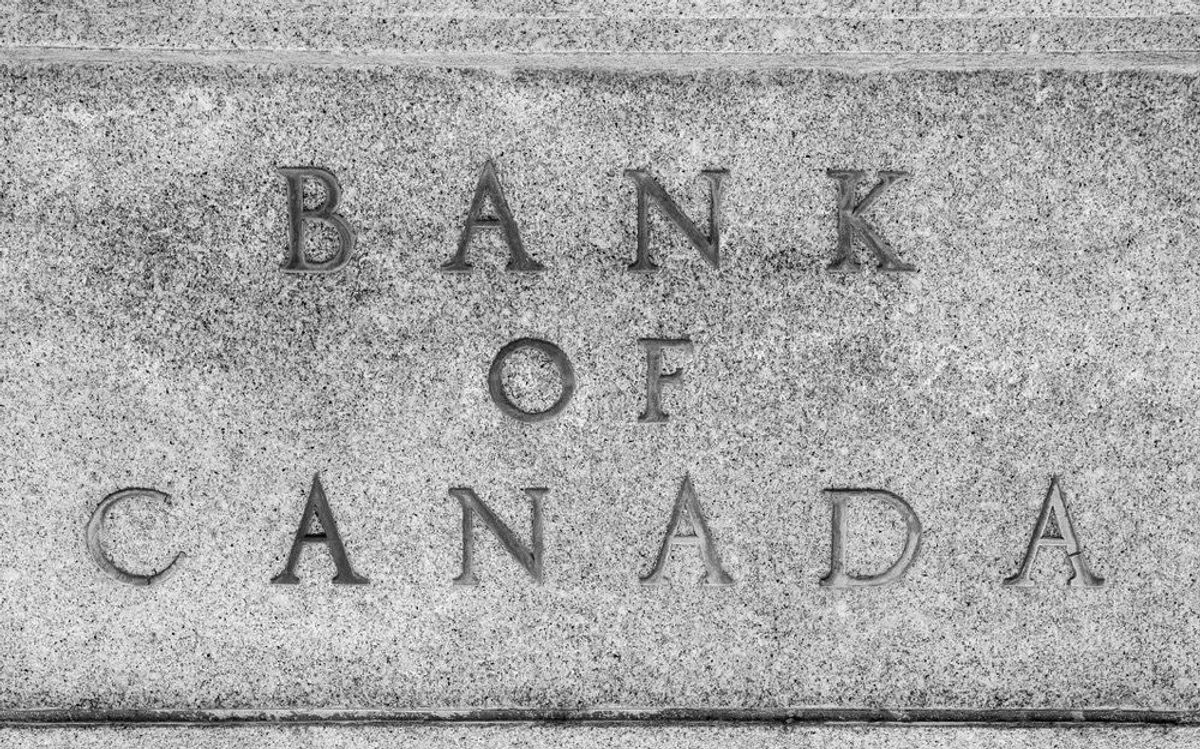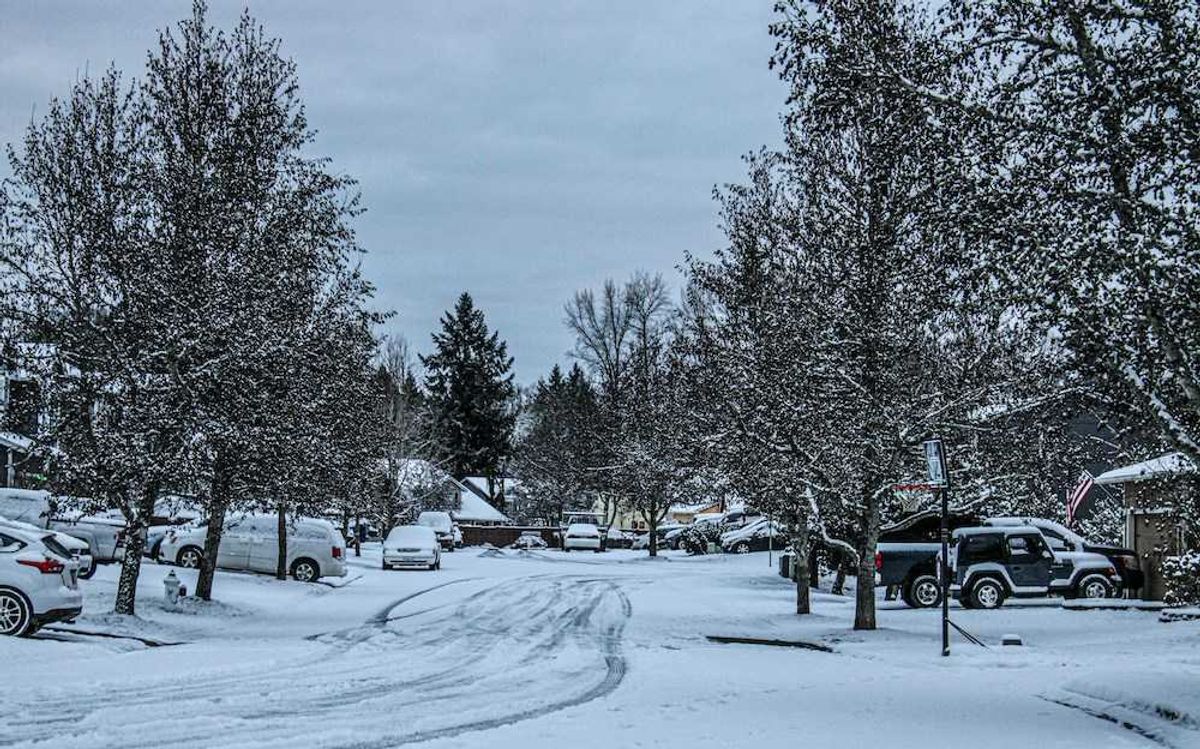The mayors of Ontario's largest cities are formally, and collectively, asking Premier Doug Ford to hold off on his plans to reduce development charges across the province.
Ontario Big City Mayors (OBCM), an organization of 29 Ontario mayors of cities with a population of 100,000 or more, met on Friday December 2 to discuss the Ford government's recently passed Bill 23. Entitled the More Homes Built Faster Act, the bill takes aim at municipal development approval processes, placing limits on development appeals, capping inclusionary zoning requirements, and slashing development charges collected by the cities.
Under the new legislation, development charges will be waived for affordable, attainable, non-profit, and inclusionary zoning residential units, as well as any second and third units built on a residential property. New rental units will have their development charges reduced by a percentage based on the number of bedrooms the unit has. A one-bedroom unit, for example, would have its charges reduced by 15%, while a three-bedroom's charges would fall 25%.
During their meeting, OBCM passed a motion requesting that the province "immediately pause the implementation of changes to the development charges act and parkland fee reductions in Bill 23 until cities have been consulted on finding solutions to the impacts that these changes will have to our communities."
This isn't the first that Ontario's mayors have spoken out against the proposed cuts. Toronto Mayor John Tory previously warned of a potential loss of $2B for his city over the next decade because of Bill 23. And earlier this month, Mississauga Mayor and OBCM Chair Bonnie Crombie said that the bill will inevitably result in higher property taxes when fee-related revenue is lost.
Ford has not taken well to the criticism from Ontario mayors, saying on Wednesday that they need to "get on board" and "stop the whining."
In the OBCM motion, the details of which were released on Thursday, the mayors do acknowledge that there are "parts of Bill 23 that will help build homes faster," but that the cuts to fee revenue will "severely impact a municipality's ability to build the infrastructure needed to support the creation of new homes including roads, sewer and water systems, and supports for the delivery of fire and police services, delaying the building of new homes."
The motion also takes aim at the fact that the provincial government is largely placing the onus of speeding up housing development on municipalities. It reminds the province that "it is the responsibility of the province to look at delays within their ministries, and the responsibility of developers and home builders to further coordinate the building of homes in a timely manner once development approvals are in place." To date, the OBCM says, the province has not identified accountability measures for all parties involved.





















